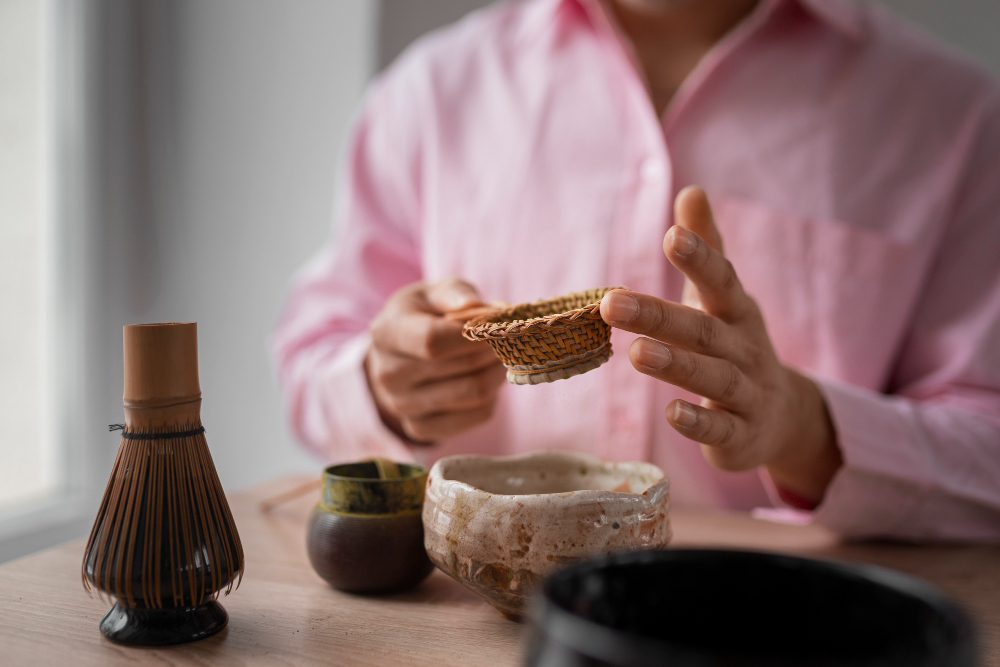Traditional Chinese Medicine (TCM) is a holistic healthcare system that has been practiced for thousands of years. It is rooted in the belief that health and well-being depend on the harmonious balance of various vital forces within the body. This comprehensive guide will delve into the core concepts of TCM, including yin and yang, qi, the five elements, and the meridians
Yin and Yang: The Dual Forces of Nature
The concept of yin and yang is fundamental to TCM. These two opposing but complementary forces are present in everything, from the universe to the human body.
- Yin is associated with darkness, coldness, passivity, inwardness, and the internal organs.
- Yang is associated with light, warmth, activity, outwardness, and the external organs.
The balance of yin and yang is essential for optimal health. An imbalance can lead to various ailments and diseases. For instance, excessive yin can manifest as coldness, fatigue, and sluggishness, while excessive yang can cause heat, inflammation, and restlessness.
Qi: The Vital Life Force
Qi (pronounced “chee”) is the vital life force that flows through the body. It is responsible for all bodily functions, including circulation, digestion, immunity, and mental clarity. Qi is believed to flow through a network of channels called meridians.
There are two primary types of qi:
- Original qi is the innate energy that we inherit from our parents.
- Acquired qi is the energy we obtain from food, air, and other external sources.
A deficiency or imbalance of qi can lead to various health problems. For example, a qi deficiency may result in fatigue, weakness, and susceptibility to illness, while a qi stagnation can cause pain, discomfort, and emotional disturbances.
The Five Elements: Interconnectedness and Balance
The five elements—wood, fire, earth, metal, and water—are interconnected and influence each other. Each element corresponds to specific organs, emotions, seasons, and tastes.
- Wood is associated with the liver, anger, spring, sour taste, and growth.
- Fire is associated with the heart, joy, summer, bitter taste, and transformation.
- Earth is associated with the spleen, worry, late summer, sweet taste, and nourishment.
- Metal is associated with the lungs, grief, autumn, pungent taste, and firmness.
- Water is associated with the kidneys, fear, winter, salty taste, and storage.
The balance of the five elements is crucial for overall health. An imbalance can lead to specific health conditions related to the corresponding element. For instance, an excess of wood element can manifest as irritability and liver problems, while a deficiency of earth element may cause digestive issues and fatigue.
The Meridians: Pathways for Qi
By stimulating specific points along the meridians, TCM practitioners can help to regulate the flow of qi and restore balance to the body. Acupuncture, acupressure, and herbal medicine are some of the common TCM modalities used to treat various health conditions.
Meridians are a network of energy channels that run throughout the body. Qi flows through these meridians, nourishing the organs and tissues. There are 12 primary meridians and 8 extraordinary meridians.
TCM Diagnosis and Treatment
TCM practitioners use a comprehensive diagnostic approach to assess a patient’s health. This includes taking a detailed history, observing the patient’s tongue and pulse, and palpating the abdomen. Based on these assessments, the practitioner can identify the underlying imbalance and develop a personalized treatment plan.
Common TCM treatments include:
- Acupuncture: The insertion of thin needles into specific points along the meridians to regulate the flow of qi.
- Herbal medicine: The use of plant-based remedies to address specific health conditions.
- Moxibustion: The application of heat to specific points on the body using moxa, a herb made from mugwort.
- Cupping: The placement of heated cups on the skin to create suction and improve blood flow.
- Massage: The manipulation of the body’s soft tissues to promote relaxation and improve circulation.
- Qigong and Tai Chi: Mind-body practices that involve gentle movements and deep breathing to cultivate qi and improve overall health.
TCM and Western Medicine
While TCM and Western medicine may have different approaches to healthcare, they are not mutually exclusive. In many cases, TCM can be used to complement Western medical treatments. For example, TCM may be used to manage the side effects of chemotherapy or to improve overall quality of life for chronic conditions.
It is important to consult with a qualified TCM practitioner to determine if TCM is right for you. By understanding the core concepts of yin and yang, qi, the five elements, and the meridians, you can gain a deeper appreciation for this ancient healing system and its potential benefits.





